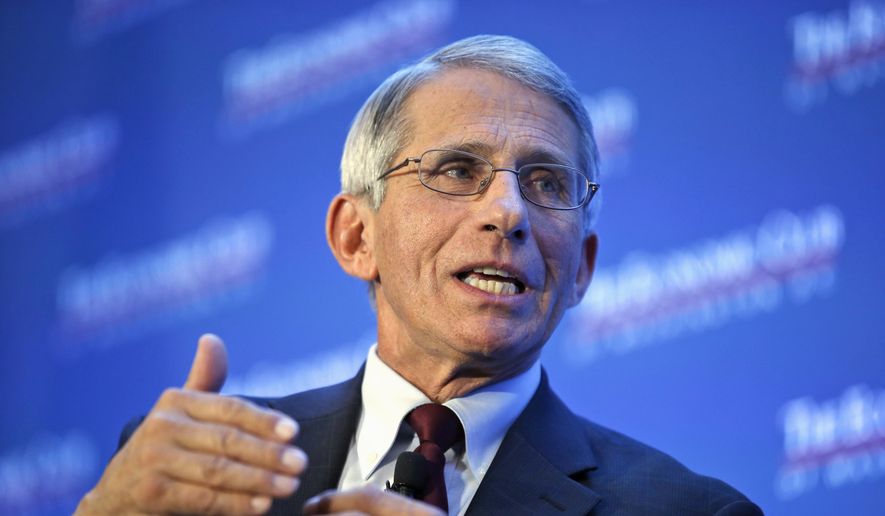Pointing up growing fears over the spread of the Zika virus, both the U.S. Congress and the United Nations mobilized Monday on ways to step up the fight against the disease.
In Washington, lawmakers pressed the Obama administration Monday if it was doing enough to understand and combat the virus, a mosquito-borne agent that is coming into the U.S. from Latin America and has been linked to a serious birth defect.
And in Geneva, the World Health Organization on Monday declared Zika’s spread to be a “public health emergency of international concern,” a designation that kicks off a concentrated, global fight against the disease.
The U.N. health agency convened an emergency meeting of independent experts in Geneva to assess the outbreak after noting a suspicious link between Zika’s arrival in Brazil last year and a surge in the number of babies born with abnormally small heads, the Associated Press reported.
“After a review of the evidence, the committee advised that the clusters of microcephaly and other neurological complications constitute an extraordinary event and public health threat to other parts of the world,” WHO Director-General Margaret Chan told reporters in Geneva.
WHO estimates there could be up to 4 million cases of Zika in the Americas in the next year, but no recommendations were made to restrict travel or trade.
On Capitol Hill, the House Energy and Commerce Committee said the U.S. homeland is at great risk as the virus creeps through more than 20 countries in the Americas.
The threat of domestic transmission will only increase as temperatures rise, allowing more mosquitoes to breed.
“Infectious disease models estimate as many as 200 million people in the U.S. live in areas that might be conductive to the spread of Zika during summer months,” Committee Chairman Fred Upton, Michigan Republican, the committee’s top Democrat, Rep. Frank Pallone Jr. of New Jersey, and four other members wrote to the Centers for Disease Control.
The committee also asked the National Institutes of Health and Health and Human Services Department for an update on Zika — a virus of African origin that hadn’t reached the Americas until spring of last year — and promised to hold a hearing in the coming weeks.
The emerging threat is reminiscent of the Ebola scare that roiled the global health community and Congress in late 2014.
WHO officials were criticized for their slow response to that outbreak, while the Obama administration resisted GOP calls to impose a travel ban on people from the most infected regions overseas.
Though the diseases are different — Ebola killed more than 11,000 in West Africa, while Zika typically causes a mild illness — the latter’s link to a birth defect has at-risk countries on edge.
Though many infected persons do not show symptoms, Brazil and other Latin American countries have reported an uptick in the number of babies born with that abnormally small heads — a condition known as microcephaly.
“The experts agreed that a causal relationship between Zika infection during pregnancy and microcephaly is strongly suspected, though not yet scientifically proven,” Ms. Chan said Tuesday. “All agreed on the urgent need to coordinate international efforts to investigate and understand this relationship better.”
Zika has also been tied to Guillain-Barre, a condition that can lead to temporary paralysis, although that link hasn’t been proven, either.
Emergency declarations such as the one issued by WHO Monday are meant as an international SOS signal and usually trigger increased money and efforts to stop the outbreak, as well as prompting research into possible treatments and vaccines. WHO officials acknowledged they are under the microscope given the criticism over Ebola.
“Of course, the world and the World Health Organization have all learned from the Ebola crisis,” WHO spokesman Christian Lindmeier said earlier Monday before the emergency was declared. “That’s why we are trying to bring in the best experts we can gather for this event, to try to establish what steps to take and what the way forward should be.”
In Brazil, President Dilma Rousseff on Monday signed a new law allowing health officials access to any building — public or private — to eradicate breeding grounds for a mosquito spreading the Zika virus. Officials can also request backup from police to raid any building suspected of being a mosquito breeding ground, even if the owner is not present.
Jimmy Whitworth, an infectious diseases expert at the London School of Hygiene and Tropical Medicine, told the Associated Press it was important for WHO to act quickly, despite the lack of definitive evidence that Zika is responsible for the surge in microcephaly cases.
“For situations like this, you have to essentially have a ’no regrets’ policy,” he said. “Maybe this will be a false alarm when more information is available months later, but it’s serious enough on the evidence we have right now that we have to act.”
— This article was based in part on wire service reports.
• Tom Howell Jr. can be reached at thowell@washingtontimes.com.




Please read our comment policy before commenting.